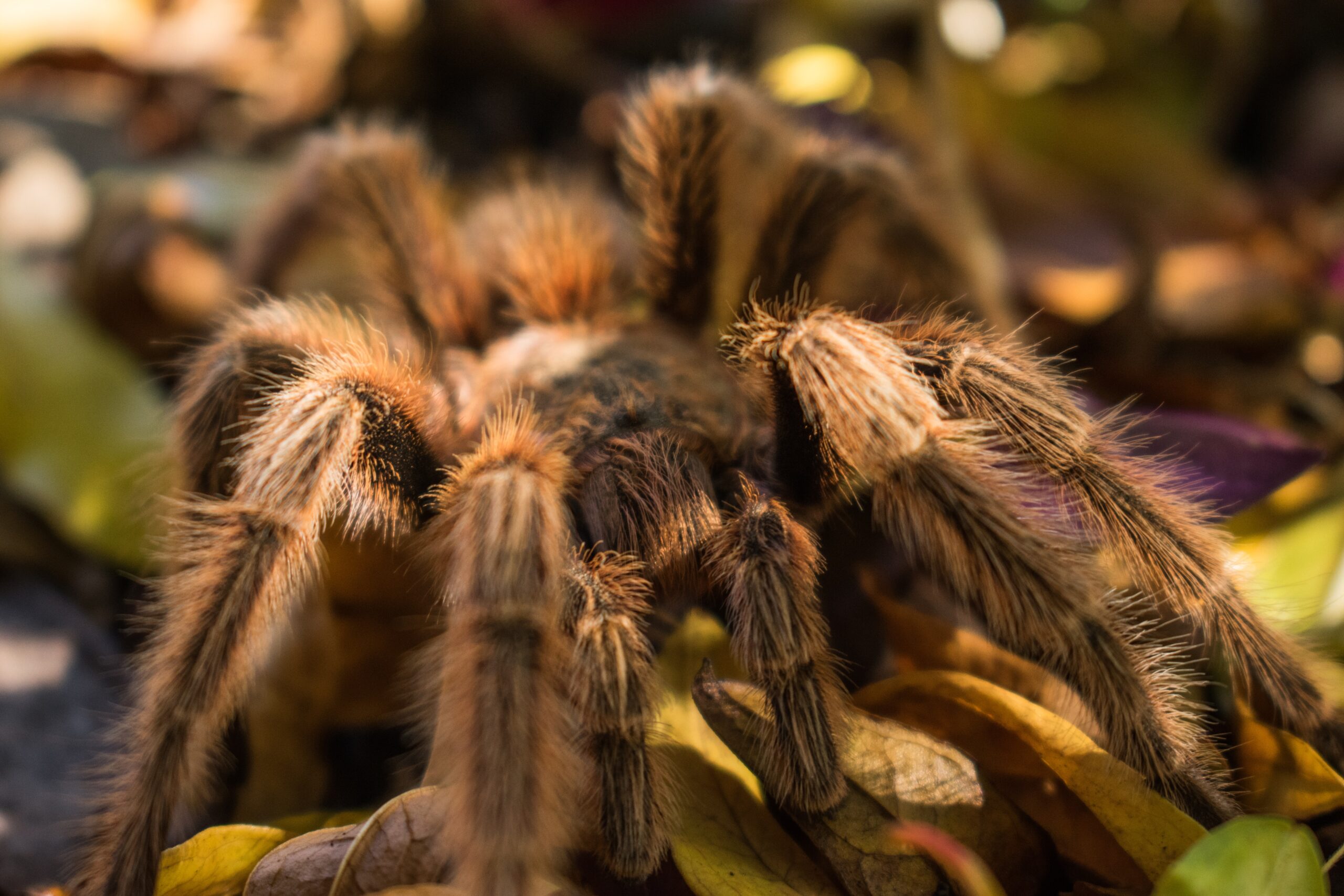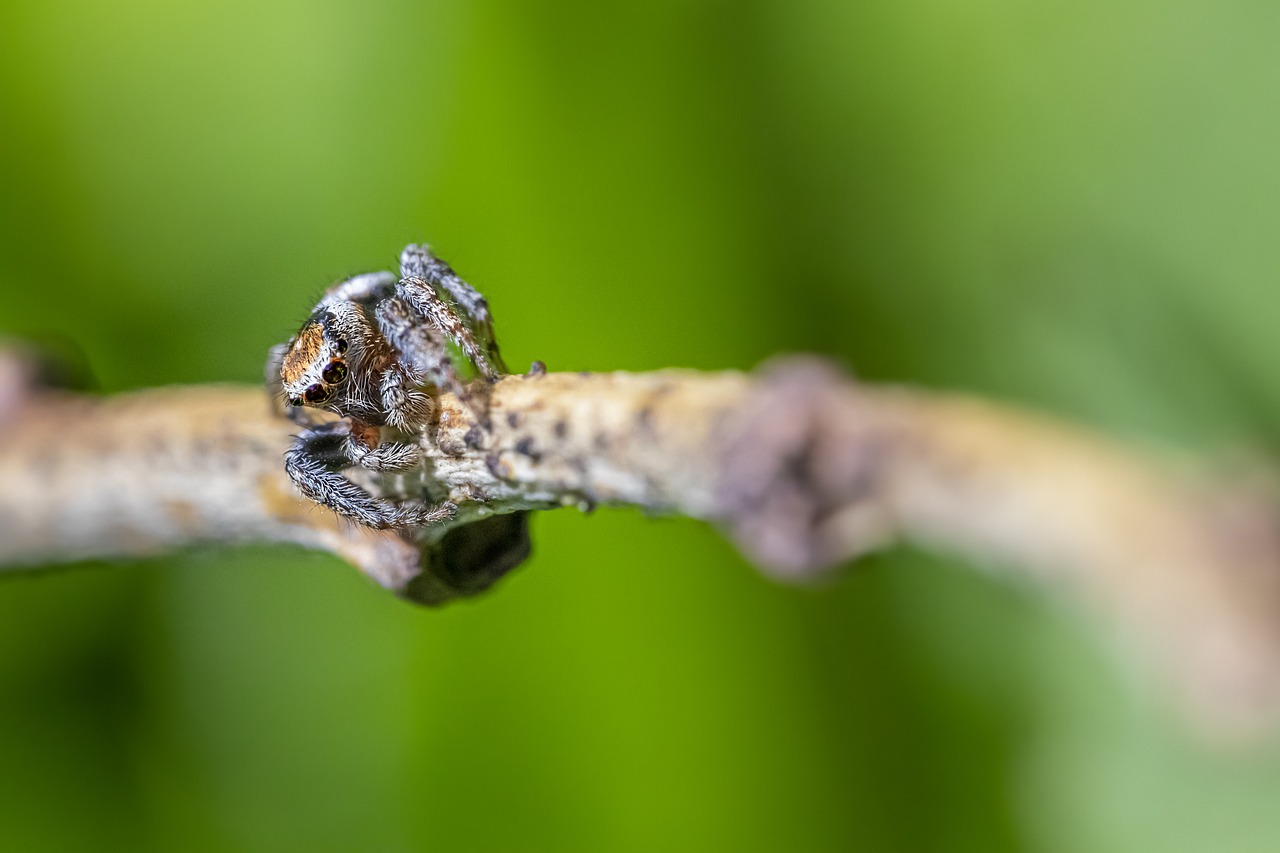
Are Tarantulas Dangerous?
Tarantulas are generally not dangerous to humans. They are venomous, like the vast majority of spiders, but their venom is usually relatively mild, much like Read More

Do Tarantulas Bite?
Yes, tarantulas can and do bite, but typically only when they feel threatened or provoked. In most cases, tarantulas are more likely to run away Read More

Do Spiders Have Ears?
No, spiders do not have ears in the traditional sense that humans or many other animals do. Instead, they sense vibrations and movements in their Read More

Can Spiders Swim?
Most spiders are not known for their swimming abilities, but they can still survive in water to a certain extent. A majority of spiders are Read More

Where Do Spiders Live?
Spiders are one of the most widely distributed creatures on Earth, and they inhabit every continent except Antarctica. They live in a vast range of Read More

Where Do Spiders Go In The Winter?
Spiders are generally well adapted to survive winter conditions, depending on their species and specific environment. Here’s how some spiders handle the cold: Overwintering in Read More

What Attracts Spiders?
Spiders are attracted by a few main things: Food: Spiders eat other insects. So, if there’s a large number of pests in your home, spiders Read More

How Long Can Spiders Live Without Food?
The length of time a spider can survive without food varies significantly by species. Some small spiders may be able to survive for a few Read More

How Do Spiders Eat?
Spiders are predatory invertebrates that have a unique and fascinating process for consuming their food. Here’s how the process works: Catching Prey: Most spiders use Read More

Do Spiders Drink Water?
Yes, spiders do drink water. They can consume water droplets from their environment, or directly from small puddles or damp areas. They also get water Read More

Do Spiders Die After Laying Eggs?
No, spiders do not generally die after laying eggs. The lifespan of spiders varies greatly depending on the species. Some spiders may live for several Read More

Do Spiders Bite?
Yes, spiders are capable of biting, but they usually only do so in self-defense. Most spiders are not harmful to humans. Only a few species Read More